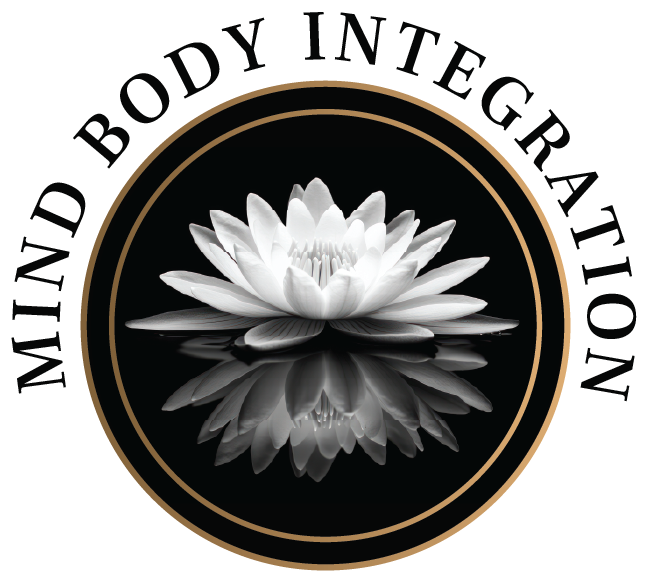Somatic EMDR is the creme de la creme of proven therapies backed by science to permanently resolve past pain and heal a dysregulated nervous system.
The body (and brain) have an innate ability to heal from emotional distress and trauma when given the right support and environment.
Somatic EMDR facillitates mind-body integration from past experiences without being overwhelmed, leading to lasting emotional relief and a greater sense of well-being. By working with a trained Somatic EMDR therapist, you can tap into your natural resilience, fostering deep healing and personal growth.
“The Synthesis of somatic psychology and EMDR therapy is an exciting advancement in mental health. As stand-alone therapies these are now considered the be two of the best trauma treatment models available. Integrating these therapies enhances the effectiveness of both.”
~ Dr. Arielle Schwartz
Healing with Somatic EMDR (and Natural Processing)
EMDR was founded several decades ago by Francine Shapiro and was initially founded to treat trauma and PTSD. Natural Processing (NP) is a type of Somatic EMDR founded in 2014 by Craig Penner, LMFT in Cambria CA. With several decades of experience in working with people’s process and our nature, Craig found that blending Somatics with EMDR took things to a whole new level, bringing resolve, relief, and results.
Somatic EMDR or NP works with our human nature and drives that are inherent in all of us…Drive for Completion/Resolution (we want things resolved/done); Drive for Protection (engaging the nervous system in its involuntary response (and only job) to maintain surveillance 24/7 of our internal experience and external surroundings assessing for safety versus threat/danger/alarm; and Drive for Connection (our human nature knows we are meant for connection and will die in isolation).

It is part of our nature that we all inherently want deep connection with ourself, others (community), and the world. Natural Processing is an experiential and process-oriented approach that is based off the language of Window of Tolerance (WoT) and Cycle of Experience.
Knowing how we experience and process the world in our day to day living can be incredibly helpful to improve self-awareness, create more moments of presence throughout our day, which increases our availability for deeper and more meaningful connection on a daily basis.
Natural Processing works on any condition and works well.
Traditional EMDR vs Somatic EMDR
Renowned expert on Trauma, Psychiatrist, and Author of the well-known book “The Body Keeps the Score”, Bessel van der Kolk considers the best approaches for the treatment of Trauma are Somatic Therapy and EMDR Therapy.
Traditional EMDR Doesn’t Always Work
- Traditional EMDR (Eye Movement Desensitization and Reprocessing) Therapy is a comprehensive approach that integrates elements of psychodynamic, cognitive behavioral, interpersonal, experiential, and body-centered therapies to maximize treatment effects. It uses a structured protocol for the treatment of mental health conditions and past experiences that trigger intense painful emotions, beliefs, sensations. The start of any tradtional EMDR session requires an explicit memory, and then a rigid protocol is followed to track if the client is reducing distress around the memory as you process. This is incredibly short-sighted due to the fact that many clients with developmental trauma do not have a ton of explicit memories to work with. However, the body does remember what even the mind cannot (one reason why Somatic EMDR is more effective overall). Clients can also have abreactions when they all of a sudden fly out of their Window of Tolerance, are incredibly overwhelmed, and may leave therapy altogether after such an uncomfortable and unhelpful experience. The “resourcing” asks the client to compartmentalize the distress versus stay with it so it can move through the body. Traditional EMDR also fails to consider the power and importance of pacing with the client moment by moment, so you do not overwhelm or get ahead of them in their processing. I’ve seen this happen firsthand in trainings and have heard stories from my own clients on their past experiences with traditional EMDR.
- Somatic EMDR goes beyond the traditional model by helping you identify the root of your pain, find what’s holding you back, eliminate the negative thoughts cluttering the mind, restore clarity and a sense of self. This approach allows deeper processing of traumatic memories, move grief through to completion, and reduce emotional distress, all while helping one reconnect with their body, and restore a felt sense of safety and agency. The session setup includes starting out with assessing for level of presence by noticing sensations, and then finding a focus of what would be helpful to work on. Some examples of focus can include: a dilemma or stressor in your life that is troubling you, a question that’s been hard find your truth or answer on, an uncomfortable emotion, the dilemma of not wanting uncomfortable sensations or pain present and can’t make it go away, or any traumatic experience). We then add in bilateral stimulation/tapping, and allow a person’s process to unfold naturally. The body will bring forward what needs to be expelled. Somatic EMDR has proven to be a profound healing tool that I’ve experienced on both personal and professional levels. If you are intrigued in the slightest, I encourage you to reach out for a consultation and let’s talk about it.

